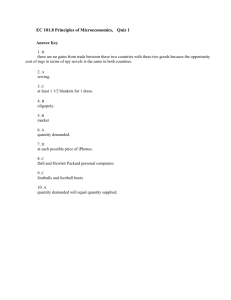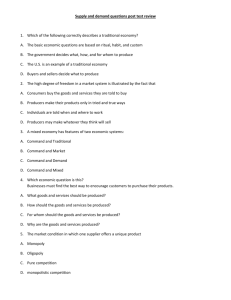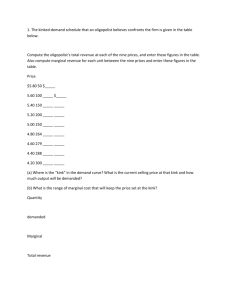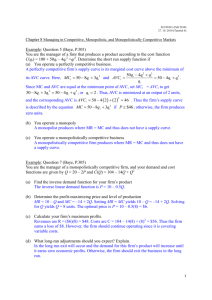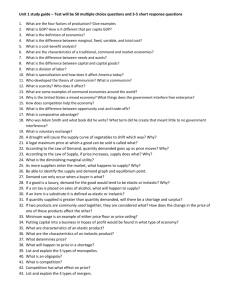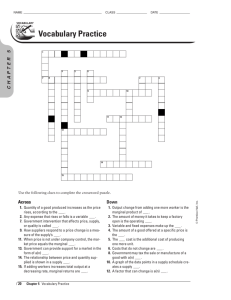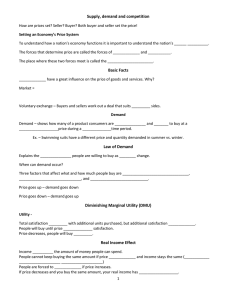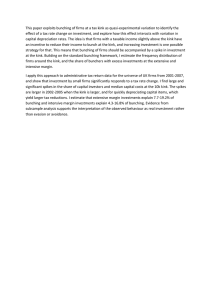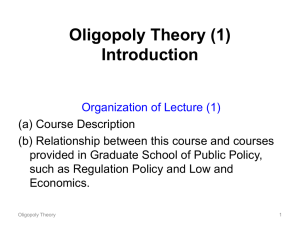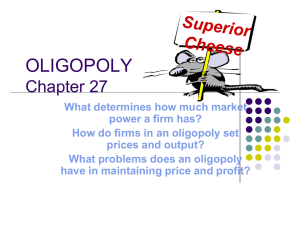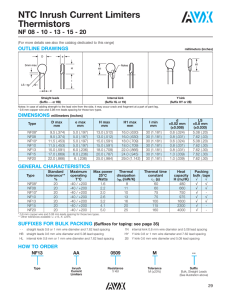4. (Last Word) Describe the major demand and supply
advertisement
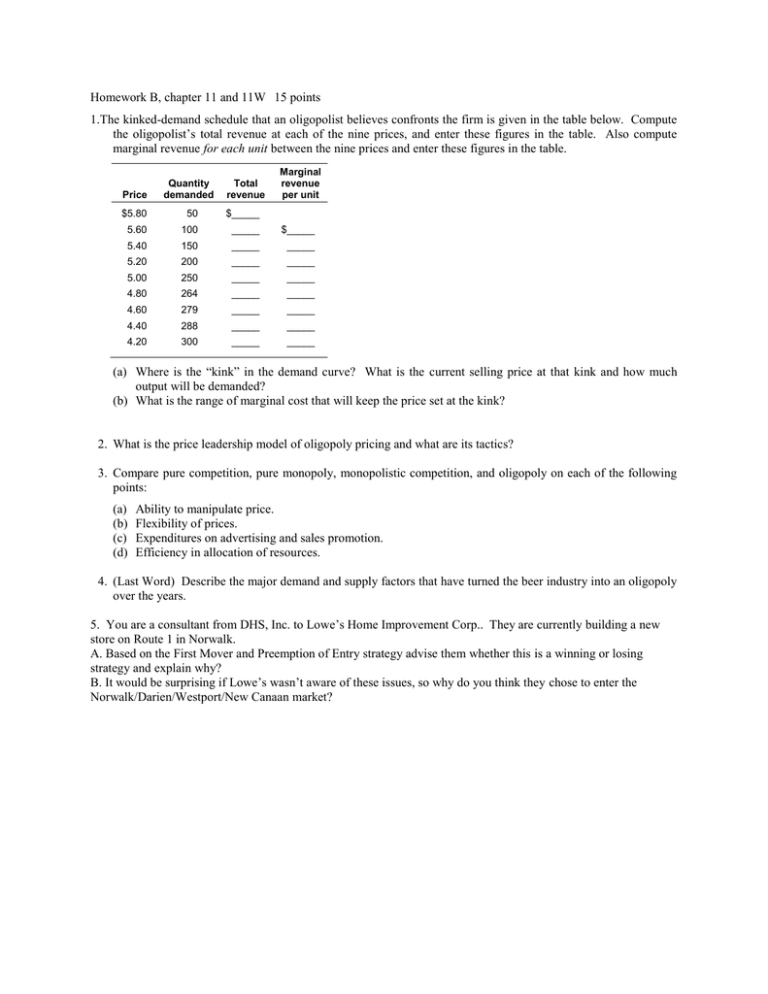
Homework B, chapter 11 and 11W 15 points 1.The kinked-demand schedule that an oligopolist believes confronts the firm is given in the table below. Compute the oligopolist’s total revenue at each of the nine prices, and enter these figures in the table. Also compute marginal revenue for each unit between the nine prices and enter these figures in the table. Price Quantity demanded Total revenue Marginal revenue per unit $5.80 50 $_____ 5.60 100 _____ $_____ 5.40 150 _____ _____ 5.20 200 _____ _____ 5.00 250 _____ _____ 4.80 264 _____ _____ 4.60 279 _____ _____ 4.40 288 _____ _____ 4.20 300 _____ _____ (a) Where is the “kink” in the demand curve? What is the current selling price at that kink and how much output will be demanded? (b) What is the range of marginal cost that will keep the price set at the kink? 2. What is the price leadership model of oligopoly pricing and what are its tactics? 3. Compare pure competition, pure monopoly, monopolistic competition, and oligopoly on each of the following points: (a) (b) (c) (d) Ability to manipulate price. Flexibility of prices. Expenditures on advertising and sales promotion. Efficiency in allocation of resources. 4. (Last Word) Describe the major demand and supply factors that have turned the beer industry into an oligopoly over the years. 5. You are a consultant from DHS, Inc. to Lowe’s Home Improvement Corp.. They are currently building a new store on Route 1 in Norwalk. A. Based on the First Mover and Preemption of Entry strategy advise them whether this is a winning or losing strategy and explain why? B. It would be surprising if Lowe’s wasn’t aware of these issues, so why do you think they chose to enter the Norwalk/Darien/Westport/New Canaan market?
